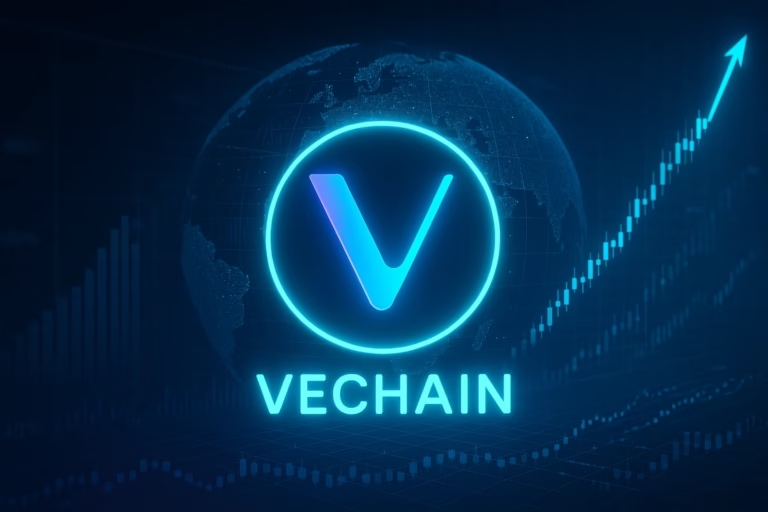
- Solana co-founder Anatoly Yakovenko strongly opposes the US Strategic Crypto Reserve, warning that government control could undermine decentralization, though he suggests state-managed reserves as a possible alternative.
- His stance comes amid allegations that Ripple pushed for Solana’s inclusion in the reserve to justify XRP’s role, sparking debate ahead of the US Crypto Summit.
The ongoing debate about government involvement in cryptocurrency has taken another turn as Solana co-founder Anatoly Yakovenko openly opposed the idea of a US Strategic Crypto Reserve. Yakovenko argues that government control over digital assets could threaten decentralization, a fundamental principle of blockchain technology. His stance comes amid reports that Ripple allegedly pitched Solana (SOL) for inclusion in the reserve to bolster the legitimacy of XRP’s role.
Yakovenko’s Concerns Over Government Oversight
Yakovenko made his position clear on X (formerly Twitter), stating that his preferred approach is to avoid a US Strategic Crypto Reserve altogether. He fears that government intervention in crypto ownership and management could erode the decentralized nature of blockchain networks.
However, as an alternative, Yakovenko proposed that individual states, rather than the federal government, could manage their own crypto reserves. According to him, this would provide a safeguard against potential mismanagement by the Federal Reserve and ensure a diversified approach to crypto adoption in the US.
Ripple’s Alleged Efforts To Include Solana in the Reserve
Yakovenko’s remarks follow allegations that Ripple sought to include Solana in the US Strategic Crypto Reserve to justify XRP’s presence. This revelation has fueled speculation about lobbying efforts in shaping national crypto policies.
The controversy further highlights the growing divide within the crypto community. While some see Ripple’s move as a strategic effort to gain government recognition, others argue that such lobbying could result in favoritism and regulatory bias.
Additionally, tensions are rising between the XRP community and Bitcoin advocates, who have long opposed XRP’s inclusion in any national reserve. Bitcoin maximalists accuse Ripple of leveraging political influence to gain an unfair advantage in the regulatory space.
The US Crypto Summit and Its Implications
The debate around the US Strategic Crypto Reserve is gaining momentum ahead of the highly anticipated US Crypto Summit on March 8. The event, which will feature policymakers, industry leaders, and even former President Donald Trump, is expected to shape discussions on the future of digital assets in the country.
Trump’s recent endorsement of SOL, XRP, and Cardano (ADA) for a national reserve has already sparked controversy. While his proposal hints at potential government support for crypto, it raises serious questions about decentralization and regulatory control.
Adding to the intrigue, Trump’s family-backed project, World Liberty Financial, recently invested $20 million in Bitcoin and Ethereum. While some see this as a routine investment, others speculate that it signals a larger strategy related to the upcoming summit.
What’s Next for Crypto Regulation?
As the US Crypto Summit approaches, the debate over a national crypto reserve is expected to intensify. Yakovenko’s strong opposition reflects broader concerns within the industry about government overreach and the need to preserve decentralization.
Whether the US proceeds with a strategic reserve or not, the crypto community will be watching closely to see how these discussions shape future regulations. For now, Yakovenko’s stance stands as a strong reminder that decentralization remains at the heart of blockchain’s purpose.




